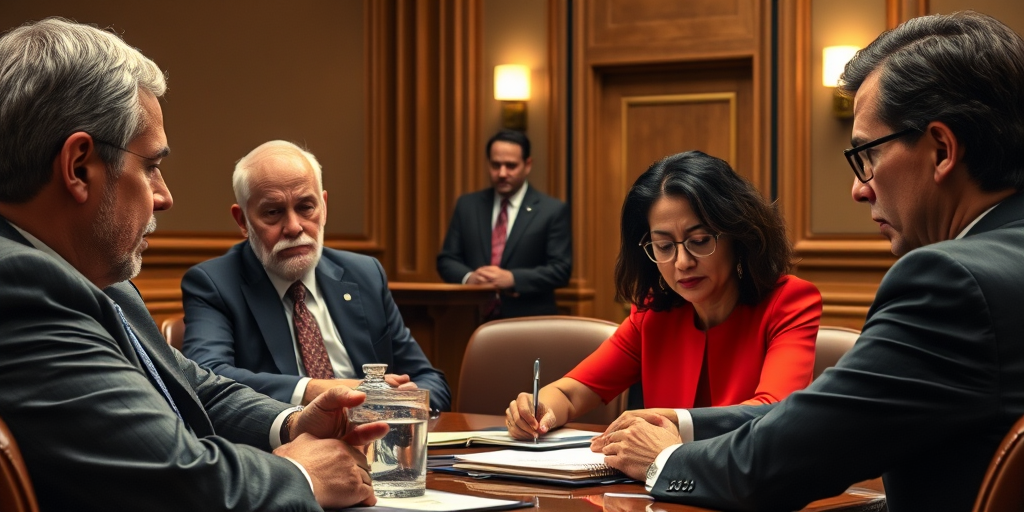**ABA Considers Repeal of Diversity Standard: Impact on Law Schools and Community**
The American Bar Association (ABA) is deliberating a potential repeal of its controversial diversity standard, Standard 206, which significantly influences law school admissions across the United States. This proposal, currently sent back to the Standards Committee for further review, has ignited a mixture of reactions from educational institutions, legal professionals, and community members in various regions.
**Overview of the Issue**
Standard 206 is a critical component governing diversity and inclusion within law schools. However, it has been under scrutiny, suspended since February amid growing political turmoil over diversity policies. The Trump administration, along with 21 state attorneys general, has accused the ABA of instituting “unlawful race-based preferences,” triggering heated debates and legal challenges.
**Impact on Legal Education in the Community**
The discussion around this standard is pivotal for law schools as it influences admissions criteria and diversity strategies. For schools in areas like the Rio Grande Valley, known for its substantial Hispanic population, this standard plays an essential role in maintaining diversity. By potentially repealing it, community members fear it could hinder efforts to create an inclusive educational environment.
Dr. Claudia Martinez of the University of Texas Rio Grande Valley stated, “Standard 206 has been instrumental in encouraging diverse student groups to pursue legal education. Its repeal might send a discouraging message to minority students.”
**Economic and Social Implications**
The implications of repealing this standard go beyond educational settings, impacting community dynamics and employment landscapes. Law firms nationwide, including those in Texas, emphasize the importance of diversity for innovative problem-solving and reflective client representation. Without the standard, there could be a disconnect between law school demographics and professional legal environments.
John Cruz, a local attorney in Brownsville, remarked, “Diversity in legal education translates to better representation and understanding of a diverse clientele. We risk losing these benefits if inclusivity takes a backseat.”
**Reflecting on Past and Present Challenges**
Historically, achieving diversity in educational institutions has been met with resistance yet remains a priority for advocates who believe a multiplicity of voices strengthens academic and professional environments. Community leaders recall past struggles for inclusivity and express concerns about regressing on progress made.
Maria Encino, a community organizer, warned, “We’ve fought long and hard for our voices to be heard and respected in prestigious fields like law. We must remain vigilant and proactive to protect these gains.”
**Future Considerations and Pathways**
While the ABA continues its discussions, the potential repeal offers an opportunity for dialogue around modifying diversity standards to align with legal frameworks and societal needs. It also prompts law schools and community leaders to consider alternative strategies for fostering diversity, such as targeted scholarships and outreach programs.
Legal educator Dr. Andre Lang suggests, “Whether or not Standard 206 remains, law schools must recommit to inclusive practices through comprehensive plans that support underrepresented groups.”
**Engagement and Advocacy**
Local residents and stakeholders are encouraged to engage with ABA representatives and express their views through upcoming public forums. Furthermore, it is imperative for community-based organizations to support and guide students aspiring to join the legal field.
For further information or to get involved, residents can contact the ABA’s regional office or visit their website for updates on meeting schedules and policy changes.
In conclusion, the discourse surrounding ABA’s Standard 206 highlights a critical intersection between legal education policy and broader societal values on diversity and inclusion. As the situation evolves, community interest remains at the forefront, emphasizing the collective responsibility to advocate for equitable opportunities within the legal profession.
For comprehensive legal insights and updates on similar topics, visit [Law.com](https://www.law.com) and subscribe to their curated newsletters and alerts.







